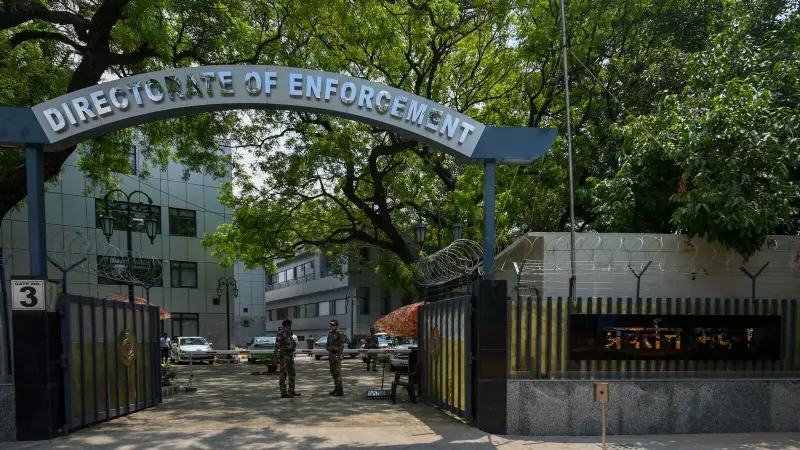
The Enforcement Directorate (ED) has significantly escalated its money laundering investigation targeting two prominent Anil Ambani-led companies—Reliance Infrastructure and the now-defunct Reliance Communications (RCOM). The probe centers around alleged foreign exchange violations exceeding a staggering ₹2,000 crore.
Unearthing the Core Allegations
According to official sources familiar with the investigation, the ED is scrutinizing several high-value transactions that potentially contravened the Foreign Exchange Management Act (FEMA). The agency suspects that funds were moved overseas through complex financial channels, bypassing regulatory frameworks.
The investigation has reportedly uncovered evidence suggesting that these funds were utilized for acquiring various foreign assets and making investments abroad without obtaining the necessary approvals from the Reserve Bank of India (RBI).
The Land Deal Connection
A particularly significant aspect of the probe involves the alleged diversion of funds through land deals. The ED is examining specific property transactions where substantial amounts were funneled, which investigators believe were then used to facilitate the foreign exchange violations.
This multi-layered financial trail has prompted the ED to treat this as a serious case of money laundering under the Prevention of Money Laundering Act (PMLA), allowing the agency to employ its extensive powers of investigation and asset attachment.
Historical Context and Ongoing Scrutiny
This isn't the first time these companies have faced regulatory scrutiny. Both Reliance Infrastructure and RCOM have been under the ED's radar for some time, but recent findings have provided fresh momentum to the investigation.
The timing is crucial, as it comes when the Indian government has been intensifying its crackdown on financial irregularities and money laundering activities across corporate sectors. The ED's aggressive stance reflects this broader regulatory tightening.
What Lies Ahead?
The next phase of the investigation is likely to involve:
- Detailed analysis of financial documents and transaction records
- Recording statements from key company officials and financial advisors
- Possible searches at multiple locations linked to the companies
- Coordination with international financial intelligence units
As the probe deepens, market watchers and regulatory experts are closely monitoring developments, which could have significant implications for corporate governance standards in India's infrastructure and telecommunications sectors.





